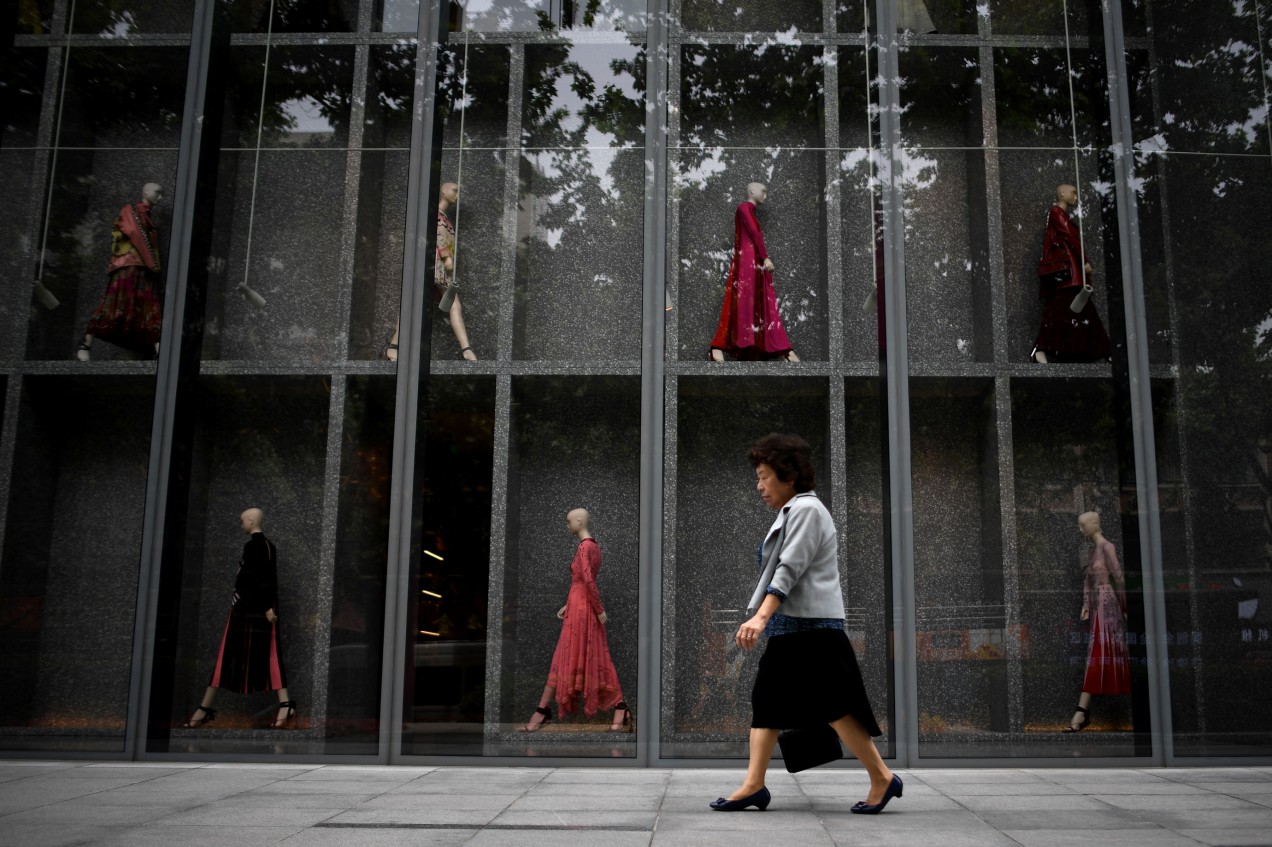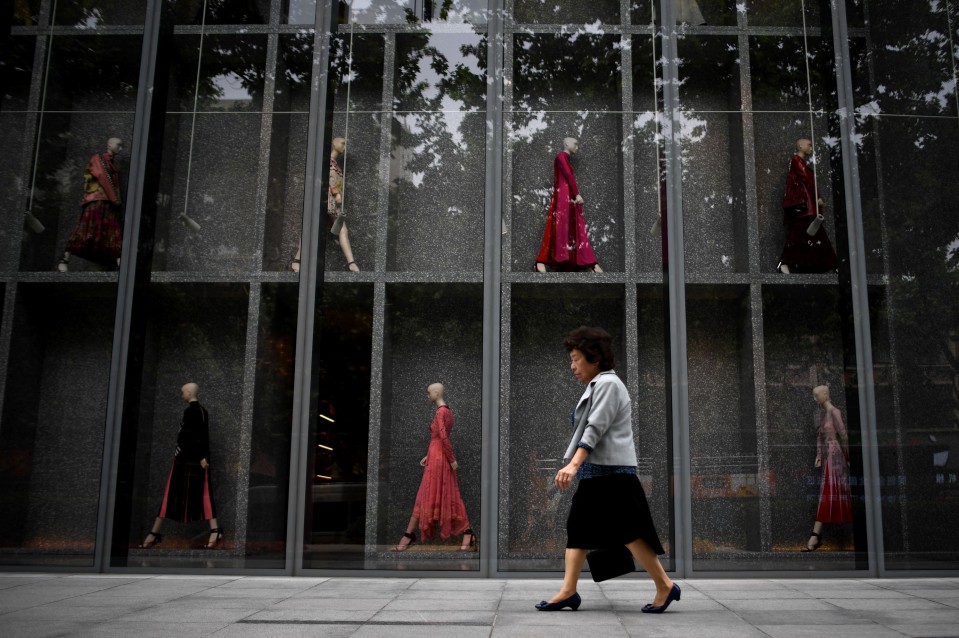

Intelligent Machines
Alibaba’s AI Fashion Consultant Helps Achieve Record-Setting Sales
AI will blur the line between online and offline retail.

On the third floor of a shopping mall in the heart of Shanghai last week, Xiaolan He, a woman in her 50s, took an olive-green down jacket to a fitting room. To her surprise, she found a screen about the size of a large poster on the wall. It recognized the item of clothing in her hands through a tiny sensor embedded in the garment, and showed several options for matching items that she could flip through like a photo album. The screen, and the system that powers it, make up FashionAI—which essentially became He’s personal stylist.
FashionAI received its first big wave of customers on Saturday during Singles’ Day, a Chinese shopping festival started by Alibaba in 2009 and held on November 11 each year. This year’s event set a record, with a staggering $25 billion worth of goods sold. And the company hopes the technology it rolled out could help it reinvent retail using artificial intelligence.
He settled on a pair of black pants and chose her size. A large orange button in the lower right-hand corner of the screen allowed her to call a store clerk, who brought the pants to her. Even though she didn’t end up buying the jacket or the pants, she was fascinated by how a computer program could offer professional style suggestions. “Sometimes I walk into a store without knowing which piece of clothing I should buy,” she says. “This way I can choose more efficiently.”
Developed by a new retail-focused research team within Alibaba, FashionAI highlights how new technology, and especially AI, stands to reshape major industries.
The system uses a popular and powerful kind of machine learning known as deep learning. Already, FashionAI has learned to recognize hundreds of millions of items of clothing as well as the tastes of designers and fashion aficionados on Alibaba’s shopping sites. The technology is also customized for every store, generating dozens of outfit matches from the hundreds of items in inventory.
If the technology becomes more widely used—currently Alibaba has installed it free of charge at 13 stores across China—it could transform commerce by giving consumers an incentive to visit brick-and-mortar stores at a time when offline retail in both China and the U.S. are in decline.
Alibaba is going all in to “digitize the offline retail world,” according to the company’s CEO, Daniel Zhang. During the shopping festival, people who visited a select group of restaurants and stores in China were able to play an AR game akin to Pokémon Go using Alibaba’s apps to earn coupons.
“In the age of mobile Internet, the merging of online and offline [retail] is a trend,” says Jianzhen Peng, secretary general of the China Chain Store and Franchise Association, explaining why e-commerce platforms like Alibaba would want to branch out into offline retail. “Consumers don’t distinguish between online and offline as long as it fulfills their needs.”
Another Chinese e-commerce giant, JD.com, plans to launch a brick-and-mortar grocery store called 7Fresh that offers online-style speedy delivery.
In a report issued by China’s ministry of commerce in September, the government laid out a detailed plan to revamp retail using technologies such as AI and cloud computing. Citing Alibaba’s daily tax contribution of 100 million yuan ($15 million) in 2016, the government seemed hopeful that emerging e-commerce technology would spur economic growth and create new jobs.
Menglei Jia, the senior staff engineer at Alibaba who is leading the FashionAI project, says deep learning can be applied in other aspects of commerce as well. In the near future, Alibaba will launch a similar app to be used on its shopping sites: it will offer nearly unlimited matching suggestions, whereas the in-store ones only recommend items from the same brand.
China’s retail industry is embracing the technological upgrade. And as AI programs accumulate ever larger pools of data, they should make retailers more efficient. In other words, expect next year’s Singles’ Day to set another record.